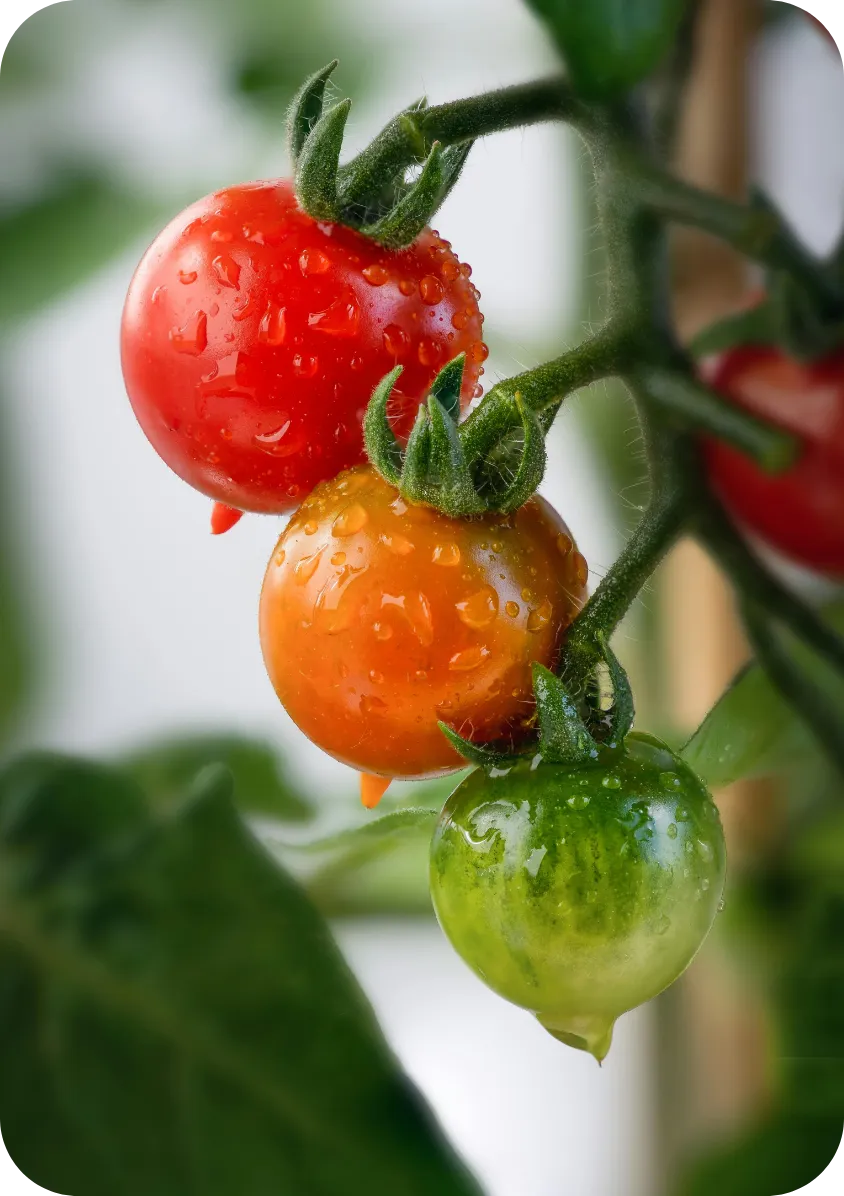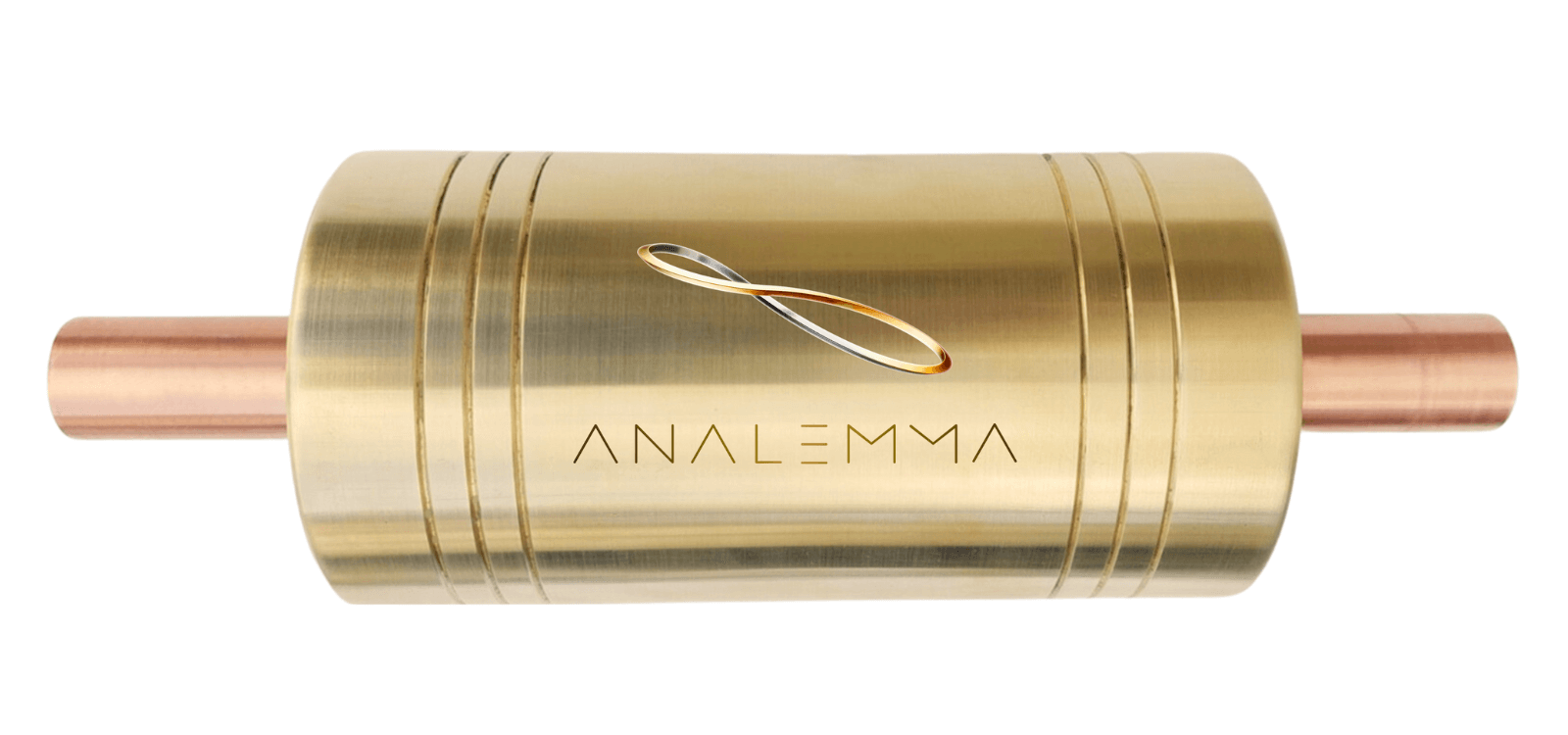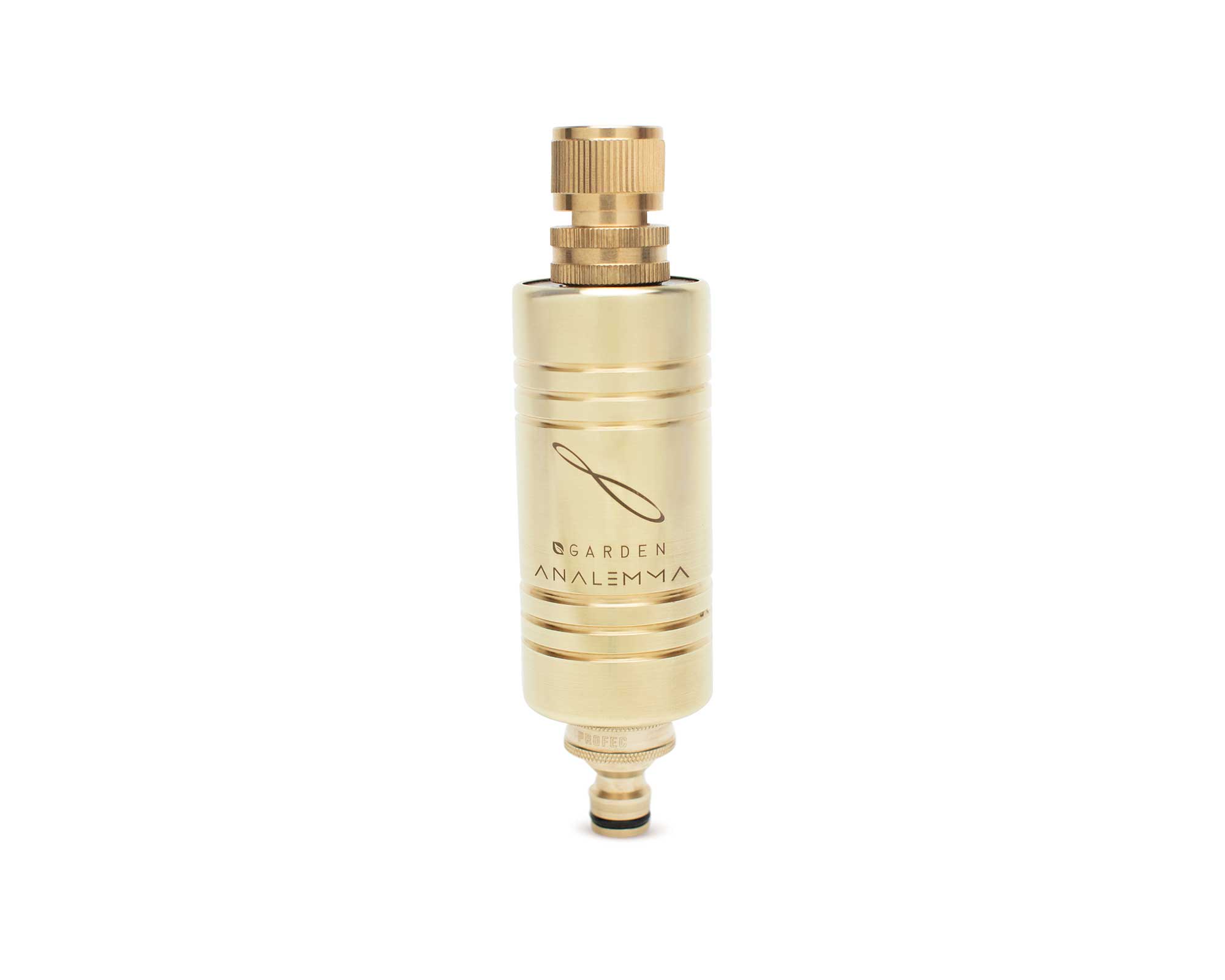PLANT AND SOIL RESEARCH
Improving soil quality with coherent water
Healthy soil is a prerequisite for healthy plants. And the easiest way to improve soil quality is to feed it with stable coherent water.
Our research showed that the soil of plants regularly watered with Aǹalemma water had increased bacterial diversity and nitrogen content, both of which are linked to soil fertility. Read more about these remarkable findings below.

Need a custom solution
specifically for your garden or organic farm?
Check out the Garden Analemma – our mid-sized Aǹalemma unit designed for agricultural purposes.

Soil bacteria - the plant’s external gut
Plants are best known for their ability to produce food (sugars) from sunlight, water and CO2. Plants use these sugars to grow new leaves, flowers, and fruits. But under the surface, another remarkable process is taking place.
As plants grow deep into the earth, they release up to 40% of their sugars into the thin layer of soil that surrounds their roots. At a glance, this seems wasteful – but it’s actually brilliant. In that thin layer of soil, the sugars are taken up by bacteria, which in turn provide the plant with digestible forms of iron, phosphorus and nitrogen, as well as other essential minerals.
Plants are unable to extract these compounds from the soil on their own, so they enter a symbiotic relationship with bacteria.
In many ways, soil bacteria are the plant’s extended gut, playing an equally crucial role in plant health as the gut microbiome plays in ours.
Aǹalemma water boosts bacterial diversity
In 2021, we analyzed the bacterial diversity of cherry tomato plants watered for 4 months with Aǹalemma water. The analysis was performed using DNA sequencing, a state-of-the-art method for detecting different microorganisms within soil samples.
The method is simple – after extracting all DNA from the soil sample, the total DNA is scanned for the presence of a marker gene commonly called 16S. By counting the number of copies of the 16S gene in a soil sample, we could essentially determine the number of different bacterial species present in that sample – a parameter described as bacterial diversity.
The study showed that bacterial diversity was significantly higher in the soil of plants watered with Aǹalemma water. This result was remarkable, especially owing to the fact that the soil used in the study was previously extensively treated with glyphosate, known to have detrimental effects on soil bacteria.


Positive effects on the nitrogen cycle
Additionally, we analyzed the chemical composition of those same soil samples. Three parameters related to the nitrogen cycle were significantly altered, showing that the total level of nitrogen in the soil increased, and that more of it has become available to plants.
This result can be linked back to soil microbes. While soil naturally contains organic nitrogen, this nitrogen usually exists in inert forms that can’t be readily used by the plants. This is where bacteria come in. In a process known as mineralization, soil bacteria convert inert nitrogen into nitrates and ammonia that the plant can succesfully break down and use to synthesize its own proteins.
Watering plants with Aǹalemma water resulted in increased bacterial diversity, and these bacterial communities seemed to have produced more available nitrogen, affecting all aspects of plant growth, health and vitality.
Everything we give our plants, we receive ourselves.
Are you ready to join the revolution?
Revitalize your garden with the Garden Aǹalemma
The Garden Aǹalemma unit is a simple, elegant tool that will transform your irrigation practice and take your plant care to the next level.
Whether you’re a budding gardener or a professional farmer, the Garden Aǹalemma is the perfect addition to your plant care toolkit.
Simply attach the Garden Aǹalemma to the end of your garden pipe and start treating your orchard, backyard, vegetable patch or farm, reaping all the benefits of stable coherent water.










